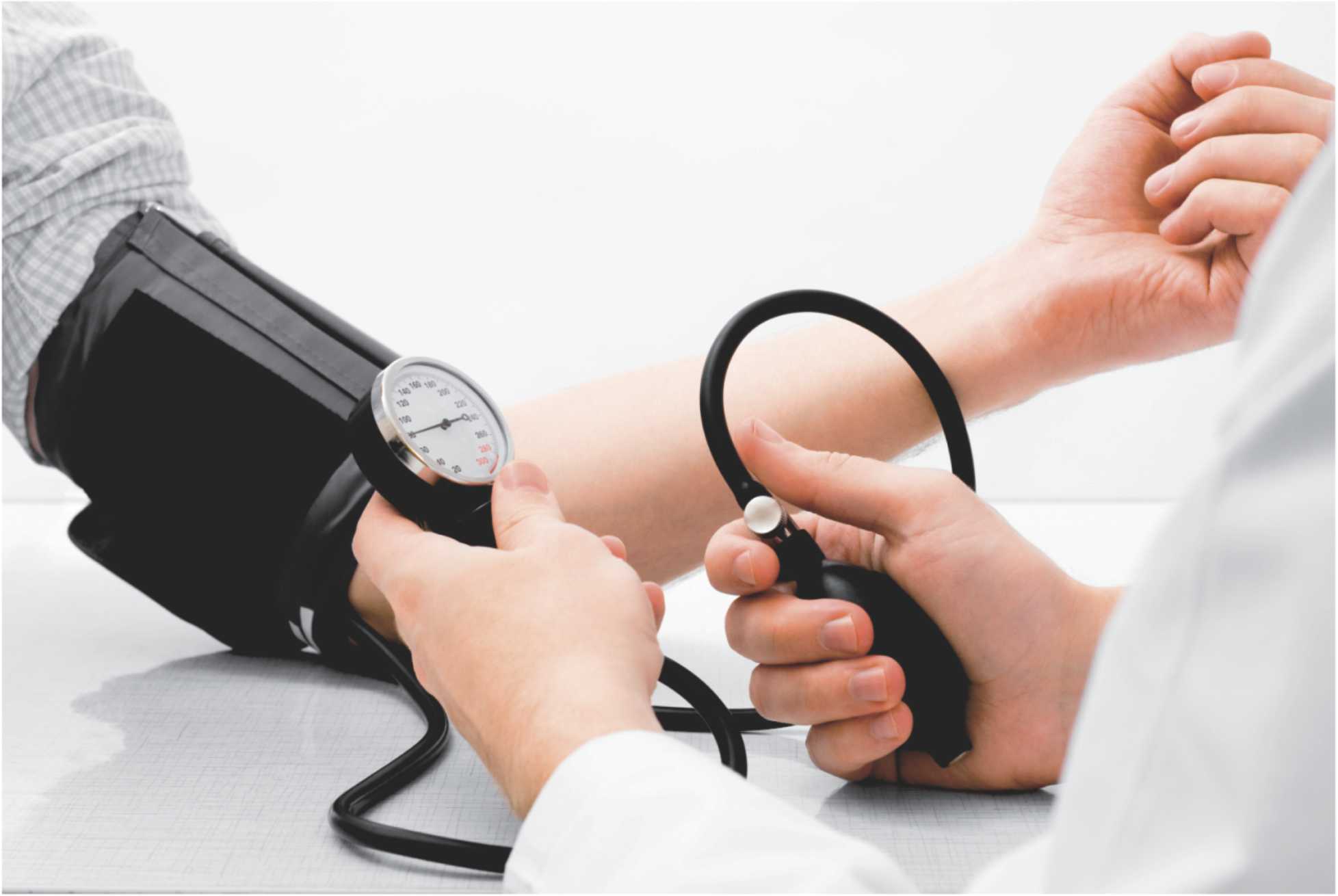 Diabetes, vascular dementia and dyslipidemia are some of the topics to be discussed at the 12th Portuguese Congress on Hypertension and Global Cardiovascular Risk, to be held from 22 to 25 February, at the Hotel Tivoli Marina Vilamoura (Loulé).
Diabetes, vascular dementia and dyslipidemia are some of the topics to be discussed at the 12th Portuguese Congress on Hypertension and Global Cardiovascular Risk, to be held from 22 to 25 February, at the Hotel Tivoli Marina Vilamoura (Loulé).
This event, with an international dimension, is organized by the Portuguese Society of Hypertension (SPH).
Vítor Paixão Dias, president of the event's organizing committee and current director of the Internal Medicine Service of the Hospital Center of Vila Nova de Gaia/Espinho, says that «we tried to develop a comprehensive program that meets the expectations of all participants, highlighting the round tables dedicated to the global vascular risk in the different aspects and what it implies in the daily practice of the General and Family Medicine clinic».
Manuel Carvalho Rodrigues, president of SPH, explains that «the hypertensive person is often not only hypertensive and, nowadays, when we talk about treatment, we have the possibility of using a polypill that treats several risk factors, also useful in combating lack of therapeutic adherence. These are new approaches that we want to debate at the congress».
“Is coffee and chocolate good for the heart and soul? What about CV risk?” is the theme chosen for the inaugural conference of the congress, which will be led by Csaba Farsang of the Hungarian Society of Hypertension.
The magna session “Clinical cases of the daily routine of General and Family Medicine” will be, according to the organizing committee, one of the highlights of the 12th Congress on Hypertension and Global Cardiovascular Risk.
“The vast majority of hypertensive patients are in primary health care and we certainly have to discuss, in addition to more complex clinical cases, ways to improve the integration of care,” stresses Vítor Paixão Dias.
“The state of the art in 2018” is the usual joint session between SPH and the European Society of Hypertension, in which several internationally renowned individuals discuss the latest developments in the treatment of arterial hypertension. This year, the topics under debate are “The kidney in hypertension”, “New evidence in the treatment of Hypertension (HTA) leads to new recommendations in 2018” and “Brain and HTA: victim or culprit”.
The usual joint sessions between SPH and societies from other countries are also part of the scientific program of the Congress, namely the Luso-Hungarian Symposium and the Luso-Brazilian Symposium.
Following the success of previous editions, and in response to multiple requests and suggestions, the organizing committee of the 12th Portuguese Congress on Hypertension and Global Cardiovascular Risk will once again include in the scientific program of the congress a postgraduate course in Arterial Hypertension and Cardiovascular Risk Global, «with an essentially practical and very interactive approach».
It will consist of four sessions integrated in the program, lasting 60 minutes on each day of the event, taught by "speakers of recognized scientific merit", according to the organization.
Session themes are: Secondary HTA: A Review for a Practical Approach, Treatment of HTA: What's New, Resistant HTA: What's New, MAP, AMPA and PAA: Differences and Complementarities.
Also noteworthy is the course “Future perspectives at RCVG”, preferably aimed at complementary interns from different specialties. The course will have two sessions lasting 60 minutes each, with the main themes being “Therapeutic adherence and medical inertia: new treatment targets in the RCVG” and “New antidiabetics and CV protection”.
The closing of the congress is scheduled for the 25th with the presentation “Early vascular aging: From EVA to SUPERNOVA”, directed by Stéphane Laurent of the French Society of Arterial Hypertension.
The president of SPH adds that it is “particularly gratifying to be able to point out that this is a program that goes beyond the European space and extends, in a very particular way, throughout the Portuguese-speaking world”.
The official also highlights "the scientific approval that the Congress deserved by the European Society of Hypertension, as well as the accreditation by the European Board Accreditation in Cardiology (EBAC)".
To consult the complete program, click here


















Comments